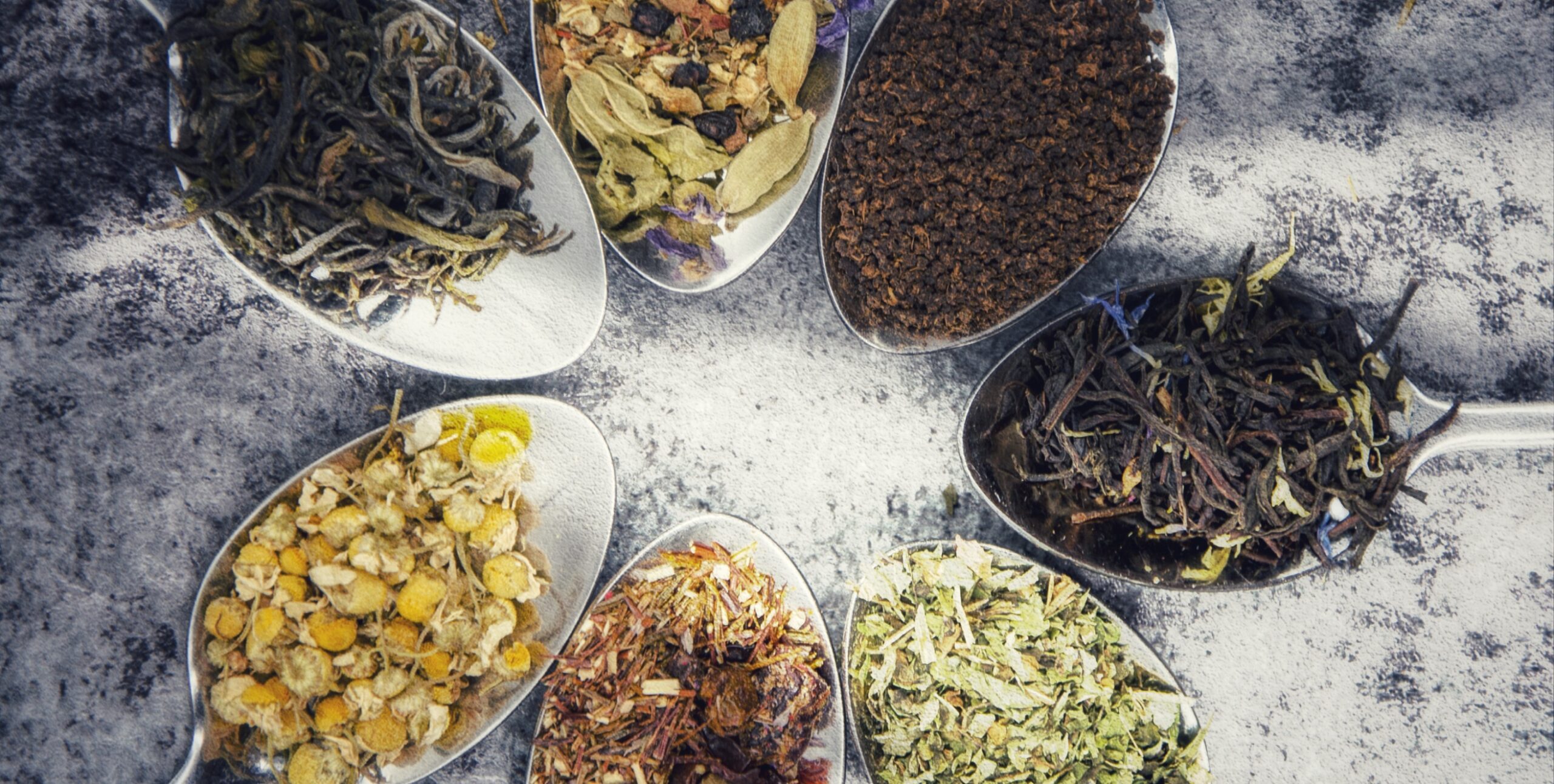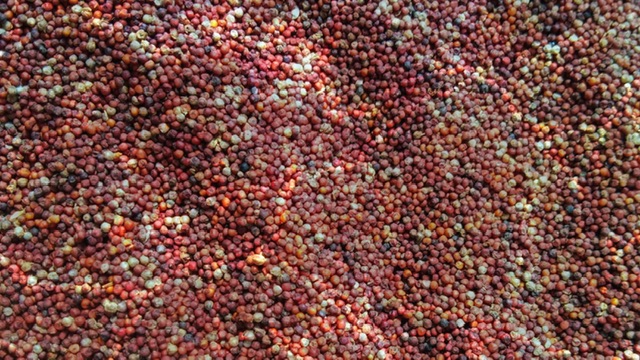Ayurveda places diet (aahaar) amongst the three pillars of life. You are what you eat is a popular adage. Eighty percent of diseases in present times are owing to erroneous dietary habits.
Nature provided with an instinct called hunger, to identify the energy needs of the body. Today, however it is enjoyment rather than hunger that drives us to eat.
To give an example, if a lion is hungry it will hunt for food and after it has had his fill, even if a deer is in front of it, the lion will not hunt it. Animals obey the law of nature. Us humans, on the contrary try to outsmart it. Most of us, when we are dining, even if we have had our fill, if we are presented with a delicacy, we go for it though the stomach is full.
Eat to live or live to eat is a constant debate…There is no end to desire, the same food is prepared in a million ways by adding masalas, chemicals and other additives today and even then we are looking out for newer cuisines. When two people meet, usually they choose restaurants over parks as meeting places. Thus eating becomes a medium to socialize rather than nourish the body.
Both under-eating and overeating are harmful for the body and result in disease. So what is optimum?
I have tried to compile below the best of ancient wisdom while studying it as a modern scientist.
Don’t talk. Digestion of food begins in the mouth and it is saliva that aids the process. While our grandparents told us not to talk while eating, today we try to catch up with friends while eating. When we talk, the functioning of Salivary glands is inhibited and less saliva is secreted than what is needed resulting in suboptimal digestion.
Chew your food. The food should be chewed at least 25 times for optimal digestion.
TV and a pack of chips is a bad combination. When we eat while watching television, the satiety center in the brain gets inhibited as the mind is engaged in the TV show. So one ends up eating more. Switch off the television while eating.
Eat palms-full. The size of the stomach is the size of our palms. In olden days, when people used to beg for alms they would extend both their palms…that equates to the size of the stomach. 1/2 of the morsel should be food (solid), 1/4 should be water (liquid, which is the Salivary and digestive juices) and remaining 1/4 should be air. Today an average person consumes much more than this and so the elastic stomach is stretched to its maximum…
Know when to stop. If you listen carefully your body will signal you to stop by producing a burp…the same signal which infants give and the mothers stop breast feeding.
Avoid in-between meals. Vegetarian food takes about five hours to digest and non-vegetarian food takes about seven hours, but fruits take only two hours for digestion. Hence it is advisable not to eat between these periods as it disturbs the digestive process.
Breakfast like a king, lunch like a prince and dinner like a pauper. Breakfast, as the name suggests, is to break the fast and is a meal that should not be missed. There have been studies that show that those who skip breakfast paradoxically start gaining weight and are likely to develop diseases of the reproductive system. Dinner should be the lightest meal of the day as post dinner usually our activity reduces and also, the digestive processes slow down post sunset.
Avoid water during meals. Having water during meal dilutes the digestive juices interfering with normal digestion. Consume water 1-2 hours before or after the meal.
Eat fresh. Food kept for more than three hours is considered stale, as bacterial contamination has already begun. Even deep freezing cannot eliminate bacterial proliferation completely.
Rest your body after meal. A 30-minute rest is advised after a meal to aid flow of blood to the gut. Rest here does not mean sleep, one should never sleep immediately after a meal. Vajrasan is a good asan to perform especially after meals as it directs the blood flow to the gastro intestinal tract aiding digestion.
Keep it basic. Humans are born with an alkaline pH. Excessive consumption of acidic foods like red meat, processed foods, dairy refined carbs, etc. tilts the pH in favor of acidic and that’s when the body systems go out of gear setting the stage for diseases like cancer. Fruits and vegetables, par boiled rice, figs, resins, etc. are rich sources of alkaline foods.
Fast. Periodic fasting is good for the body. It rests the digestive system and helps clear out toxins from the system. Fasting should be undertaken as per the individual capacity under guidance of a Guru. One should keep away from crash dieting to lose weight or in competition with others. Fast should be broken with light foods.
Choose your meal with care
Ayurveda places diet (aahaar) amongst the three pillars of life. You are what you eat is a popular adage. Eighty percent of diseases in present times are owing to erroneous dietary habits.
Nature provided with an instinct called hunger, to identify the energy needs of the body. Today, however it is enjoyment rather than hunger that drives us to eat.
To give an example, if a lion is hungry it will hunt for food and after it has had his fill, even if a deer is in front of it, the lion will not hunt it. Animals obey the law of nature. Us humans, on the contrary try to outsmart it. Most of us, when we are dining, even if we have had our fill, if we are presented with a delicacy, we go for it though the stomach is full.
Eat to live or live to eat is a constant debate…There is no end to desire, the same food is prepared in a million ways by adding masalas, chemicals and other additives today and even then we are looking out for newer cuisines. When two people meet, usually they choose restaurants over parks as meeting places. Thus eating becomes a medium to socialize rather than nourish the body.
Both under-eating and overeating are harmful for the body and result in disease. So what is optimum?
I have tried to compile below the best of ancient wisdom while studying it as a modern scientist.
Don’t talk. Digestion of food begins in the mouth and it is saliva that aids the process. While our grandparents told us not to talk while eating, today we try to catch up with friends while eating. When we talk, the functioning of Salivary glands is inhibited and less saliva is secreted than what is needed resulting in suboptimal digestion.
Chew your food. The food should be chewed at least 25 times for optimal digestion.
TV and a pack of chips is a bad combination. When we eat while watching television, the satiety center in the brain gets inhibited as the mind is engaged in the TV show. So one ends up eating more. Switch off the television while eating.
Eat palms-full. The size of the stomach is the size of our palms. In olden days, when people used to beg for alms they would extend both their palms…that equates to the size of the stomach. 1/2 of the morsel should be food (solid), 1/4 should be water (liquid, which is the Salivary and digestive juices) and remaining 1/4 should be air. Today an average person consumes much more than this and so the elastic stomach is stretched to its maximum…
Know when to stop. If you listen carefully your body will signal you to stop by producing a burp…the same signal which infants give and the mothers stop breast feeding.
Avoid in-between meals. Vegetarian food takes about five hours to digest and non-vegetarian food takes about seven hours, but fruits take only two hours for digestion. Hence it is advisable not to eat between these periods as it disturbs the digestive process.
Breakfast like a king, lunch like a prince and dinner like a pauper. Breakfast, as the name suggests, is to break the fast and is a meal that should not be missed. There have been studies that show that those who skip breakfast paradoxically start gaining weight and are likely to develop diseases of the reproductive system. Dinner should be the lightest meal of the day as post dinner usually our activity reduces and also, the digestive processes slow down post sunset.
Avoid water during meals. Having water during meal dilutes the digestive juices interfering with normal digestion. Consume water 1-2 hours before or after the meal.
Eat fresh. Food kept for more than three hours is considered stale, as bacterial contamination has already begun. Even deep freezing cannot eliminate bacterial proliferation completely.
Rest your body after meal. A 30-minute rest is advised after a meal to aid flow of blood to the gut. Rest here does not mean sleep, one should never sleep immediately after a meal. Vajrasan is a good asan to perform especially after meals as it directs the blood flow to the gastro intestinal tract aiding digestion.
Keep it basic. Humans are born with an alkaline pH. Excessive consumption of acidic foods like red meat, processed foods, dairy refined carbs, etc. tilts the pH in favor of acidic and that’s when the body systems go out of gear setting the stage for diseases like cancer. Fruits and vegetables, par boiled rice, figs, resins, etc. are rich sources of alkaline foods.
Fast. Periodic fasting is good for the body. It rests the digestive system and helps clear out toxins from the system. Fasting should be undertaken as per the individual capacity under guidance of a Guru. One should keep away from crash dieting to lose weight or in competition with others. Fast should be broken with light foods.
Author: Dr. Prasan Prabhakar





